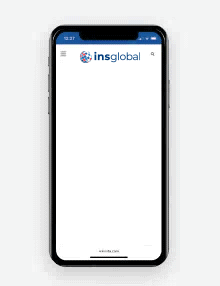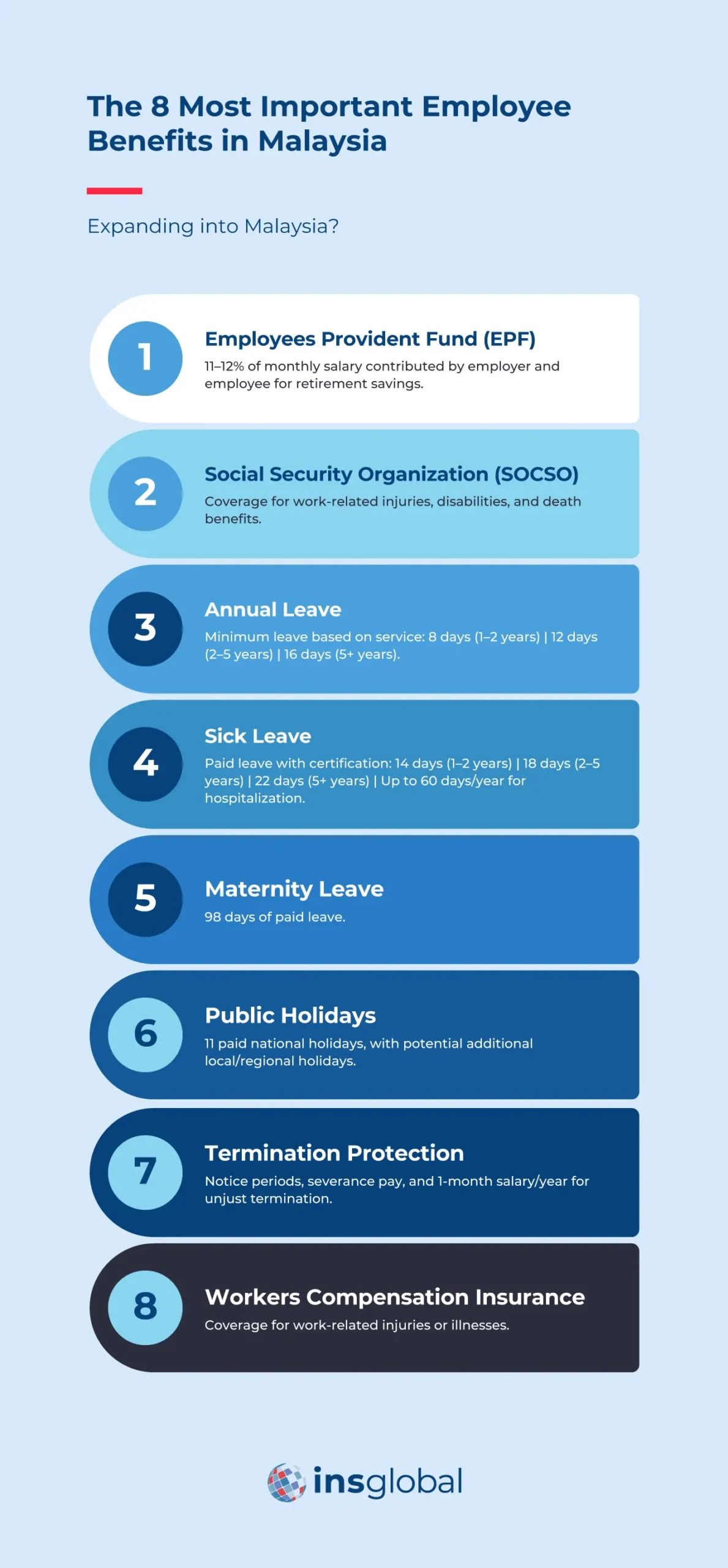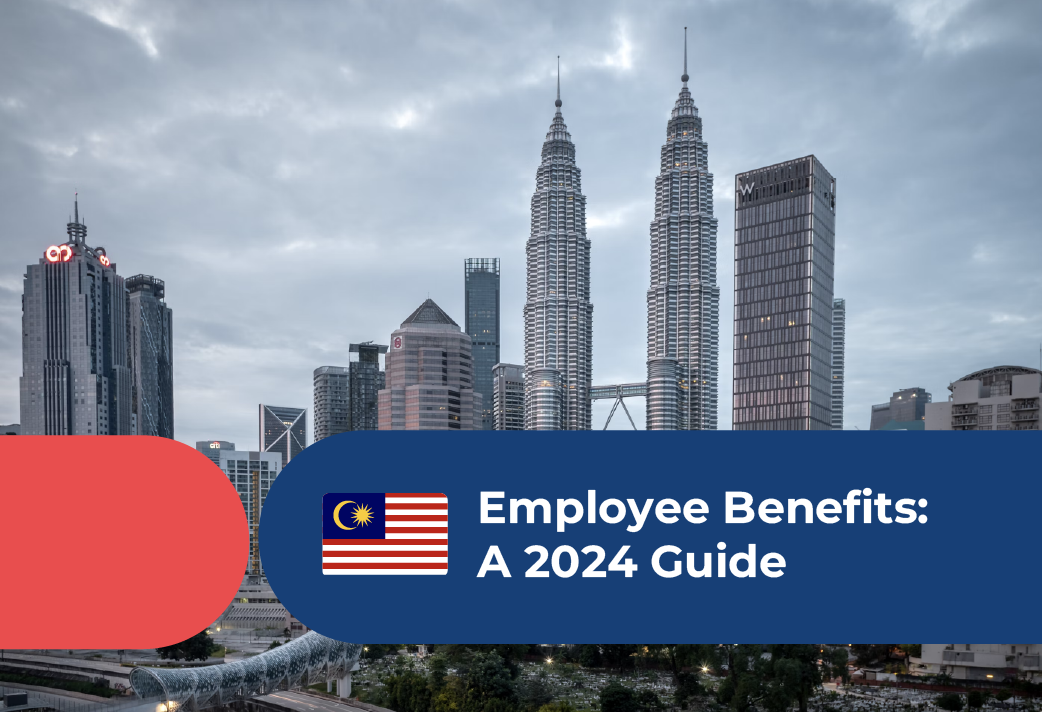Employees in Malaysia have a range of mandatory benefits, which you, as the employer, must understand and ensure. Employee benefits in Malaysia are key to a happy and healthy business culture and work environment. So, knowing when and how to offer more employee benefits in Malaysia can be the best way to attract great employees.
Here, we provide a rundown of Malaysia’s employee benefits system and what you can do to assure compliance with local work requirements. You will also see how you can offer high-quality benefits in Malaysia through a professional expansion services provider.

Tired of scrolling? Download a PDF version for easier offline reading and sharing with coworkers
Who is Entitled to Employment Benefits in Malaysia?
Employment benefits in Malaysia depend on work status. Malaysia’s Employment Act, 1955 (last changed in 2023), ensures legal benefits for all workers with an employment contract. This applies to those who have worked for a company longer than 2 months. It also includes all full-time, part-time, and contract employees.
Employee benefits in Malaysia don’t apply to any independent contractor, freelancer, consultant, or gig worker.
To have all these benefits, foreign employees must have a current work permit or work visa granted by the government.
Specific benefits may vary depending on the nature of the employment and the industry worked in. For example, employees might have to work for over 1 year before becoming eligible for all their benefits.
Additionally, some benefits are legally mandated for all eligible employees while employers typical offer other benefits at their discretion.

What are the Statutory Employee Benefits in Malaysia?
Companies must ensure that eligible employees in Malaysia have the following benefits:
1. Employees Provident Fund (EPF)
Both employer and employee contribute the equivalent of 11-12% percent of the employee’s monthly salary to the EPF. A part of this payment goes toward the employee’s retirement savings fund.
2. Social Security Organization (SOCSO)
Employers must register all employees with SOCSO to cover work-related injuries, disabilities, and death benefits.
3. Annual Leave
The Employment Act provides a minimum annual leave entitlement to all employees after their first year of service. Employees then have an amount of annual leave depending on the length of their service. Malaysia calculates annual leave as:
- 8 days off for employees with 1-2 years of service
- 12 days for 2-5 years
- 16 days for 5+ years
4. Sick Leave
Employees can take a minimum amount of paid sick leave, subject to medical certification, as specified in the Employment Act. The exact amount available is also dependent on the length of service.
Available sick leave is:
- 14 days for 1-2 years of service
- 18 days for 2-5 years of service
- 22 days for 5+ years of service
There’s a maximum of 60 days in a calendar year being available to an employee who requires hospital care. In each case, the employer covers the employee’s salary during this time.
5. Maternity Leave
Under the Employment Act, female employees can take maternity leave, which provides paid leave for childbirth and postnatal recovery.
Since 2022, this leave has amounted to 98 days for the birth of a child. Employers typically provide a maternity allowance equal to the average daily salary before employees take their leave.
6. Public Holidays
All employees in Malaysia have access to 11 national public holidays declared by the government. However, more may be available at a local or regional level. These days are paid time off if they fall on a typical working day.
7. Termination Protection
The Employment Act stipulates specific requirements for termination and layoff benefits, such as notice periods and severance pay, depending on an employee’s length of service. Employees terminated without just cause are eligible for 1 month’s salary per year of employment.
8. Workers Compensation Insurance
Employers must compensate employees with a work-related injury or illness under the Workmen’s Compensation Act of 1952.
Common Additional Employee Benefits in Malaysia
Remember, happy employees are more likely to be productive. This is why many company choose to offer non-mandatory benefits in Malaysia as well as those the law requires
It’s worth considering additional employee benefits in Malaysia that build a positive work culture and Employer Value Proposition (EVP). Typical benefits that companies in Malaysia may choose to offer include:
- Dental and Additional Medical Insurance
- Life insurance
- Transportation Allowance
- Professional Development and Training
- Performance-Based Incentives
- Flexible Work Arrangements (i.e. Working From Home options)
- Employee Assistance Programs (EAPs) for Health
- Gym Memberships and Wellness Programs
- Childcare Support
- Company Events and Celebrations
- Employee Discounts
Understanding the Importance of Employee Benefits in Malaysia and Beyond
Attracting and Retaining Talented Employees Through Positive Company Culture
Giving employees comprehensive employee benefits in Malaysia and elsewhere can be a great tool for attracting top talent to your business. In today’s competitive job market, candidates are more likely to consider benefits packages a deciding factor when comparing job opportunities.
Additionally, attractive employee benefits in Malaysia can improve employee retention, reducing turnover and the costs associated with hiring and training new employees.
Job Satisfaction and Motivation
Employee benefits in Malaysia contribute to higher job satisfaction levels among employees. Employees who feel valued and supported through benefits are more motivated and engaged in their roles.
Otherwise, employees may look elsewhere for companies with the right benefits to offer security or work-life balance.
Employee Well-Being and Health
Benefits like health insurance, wellness programs, and preventive care can significantly impact employees’ physical and mental well-being. Access to healthcare resources and support promotes a healthier workforce and reduces illness-related absences.
Work-Life Balance and Long-Term Stability
Employee benefits in Malaysia like flexible work hours, parental leave, and paid time off contribute to a better quality of life for employees.
This balance is essential for reducing stress and burnout, leading to higher job satisfaction and increased productivity in the long run.
Ensuring Compliance and Fair Treatment for Employees in Malaysia
Global expansion is fraught with risk. Because a company going through expansion deals with unfamiliar company requirements, there’s a higher chance of costly legal mistakes.
Employers must adhere to Malaysian labor laws by providing employees with all statutory benefits. Failure to do so can lead to investigations or workplace disputes where employees can go to a labor court. Companies that don’t fulfill their duties as employers face serious financial or criminal consequences.
That’s why implementing transparent policies and communication channels helps maintain trust and mutual respect between you and your workers.
Regularly reviewing benefit schemes and legal changes ensures compliance and continuous improvement. With the right legal support or guidance on Malaysia’s constantly changing employer responsibilities, guaranteeing a legally sound work environment for all employees is much easier.

Compliance Assurance and Employee Benefits in Malaysia and Beyond: Get the Support and Advice of HR Experts with INS Global
When considering expanding, think about the complexities of ensuring compliance with various local regulations and laws. INS Global understands how these difficulties can affect your chances of success. Because of this, we offer assured legal and HR support and guidance worldwide.
We build our services to give you the peace of mind you need to focus on your expansion goals.
Malaysia updated it’s Employment Act in 2023, causing problems for any company unprepared for the resulting changes to employer responsibilities. As employment laws and regulations can change over time, employers and employees should always stay updated on the latest labor laws.
Using an Employer of Record (EOR) service provider to offer compliance-assured employee benefits in Malaysia can make your expansion to the local market safer and more efficient.
INS Global’s EOR in Malaysia offers:
- Local expertise and compliance through knowledge of local labor laws, tax regulations, and employment practices
- Streamlined payroll and benefits administration by taking care of HR-related tasks on your behalf
- Flexibility and scaling options, whether you need to hire a few employees or establish a large team in Malaysia
- Increased speed to market through INS Global’s EOR structure while setting up employee benefits in Malaysia
- Risk mitigation by assuming certain employer liabilities, reducing the hiring company’s exposure to legal and financial risks.
- Access to all required employee benefits in Malaysia, as well as offering reduced rates on optional benefits to improve your EVP
- Support for foreign workers by assisting with necessary work permits, visas, and other immigration requirements
By partnering with an EOR provider like INS Global, companies can confidently offer compliant and competitive employee benefits in Malaysia. This is in addition to streamlining HR processes, and focusing on their core business objectives.
Choosing a reputable and experienced EOR with a proven track record in Malaysia is essential to ensure a successful and legally compliant employment arrangement. That’s why INS Global hires the best legal compliance advisors and local experts to keep your operations safe.
Why not contact an INS Global expansion advisor today for a free consultation on how to expand quickly, effectively, and fearlessly?

FAQ
What is the Employees Provident Fund (EPF) in Malaysia, and how does it work?
The EPF is a compulsory retirement savings fund for employees in Malaysia. Employers and employees contribute the equivalent of a percentage of the employee’s monthly salary to the EPF. These contributions provide financial security for employees upon retirement.
What is SOCSO, and who does it cover?
SOCSO, or the Social Security Organization, provides coverage for work-related injuries, disabilities, and death benefits in Malaysia.
How much annual leave are employees entitled to in Malaysia?
According to the Employment Act, employees have a minimum of eight days of paid annual leave for the first two years of service. The available annual leave increases over an employee’s time with a company.
What are the maternity leave benefits for female employees in Malaysia?
All female employees can take a minimum of 98 days of maternity leave per the Employment Act. This includes a period before and after childbirth.
Are employers in Malaysia required to provide sick leave?
Yes, employers must provide paid sick leave to employees certified by a registered medical practitioner. This is a mandatory part of employee benefits in Malaysia. The exact duration of sick leave entitlement depends on an employee’s service length.
How many public holidays do Malaysian businesses observe?
Malaysia observes around 11 annual public holidays, including religious holidays like Eid, Chinese New Year, and Deepavali.
Do employees in Malaysia receive compensation for work-related injuries or illnesses?
Employees are entitled to compensation for work-related injuries or illnesses under the Workmen’s Compensation Act of 1952.
Are there any termination benefits for retrenched employees in Malaysia?
Yes, Malaysian laws specify entitlements for retrenched employees based on their length of service. This includes guaranteed notice periods and severance pay.


SHARE